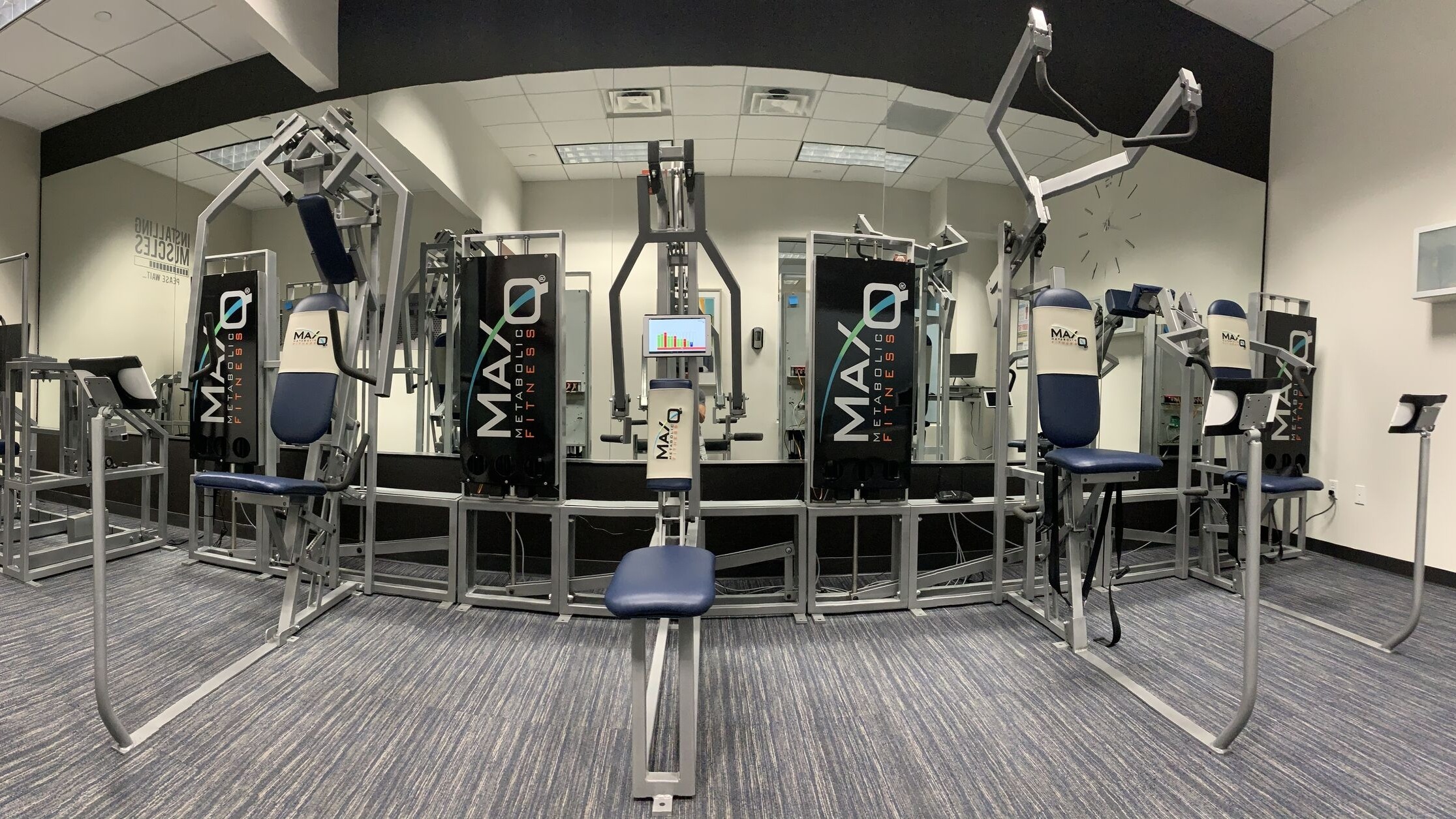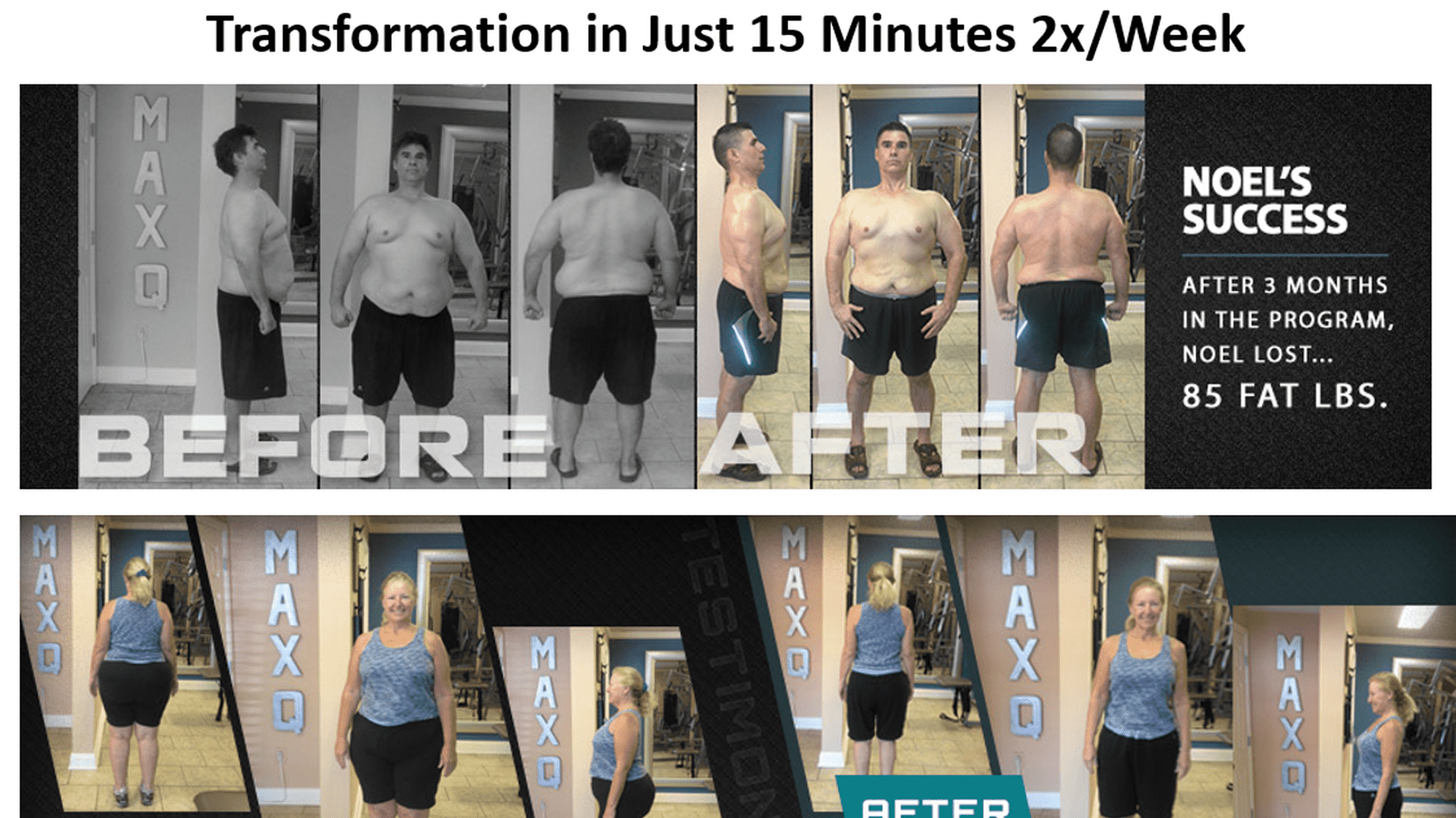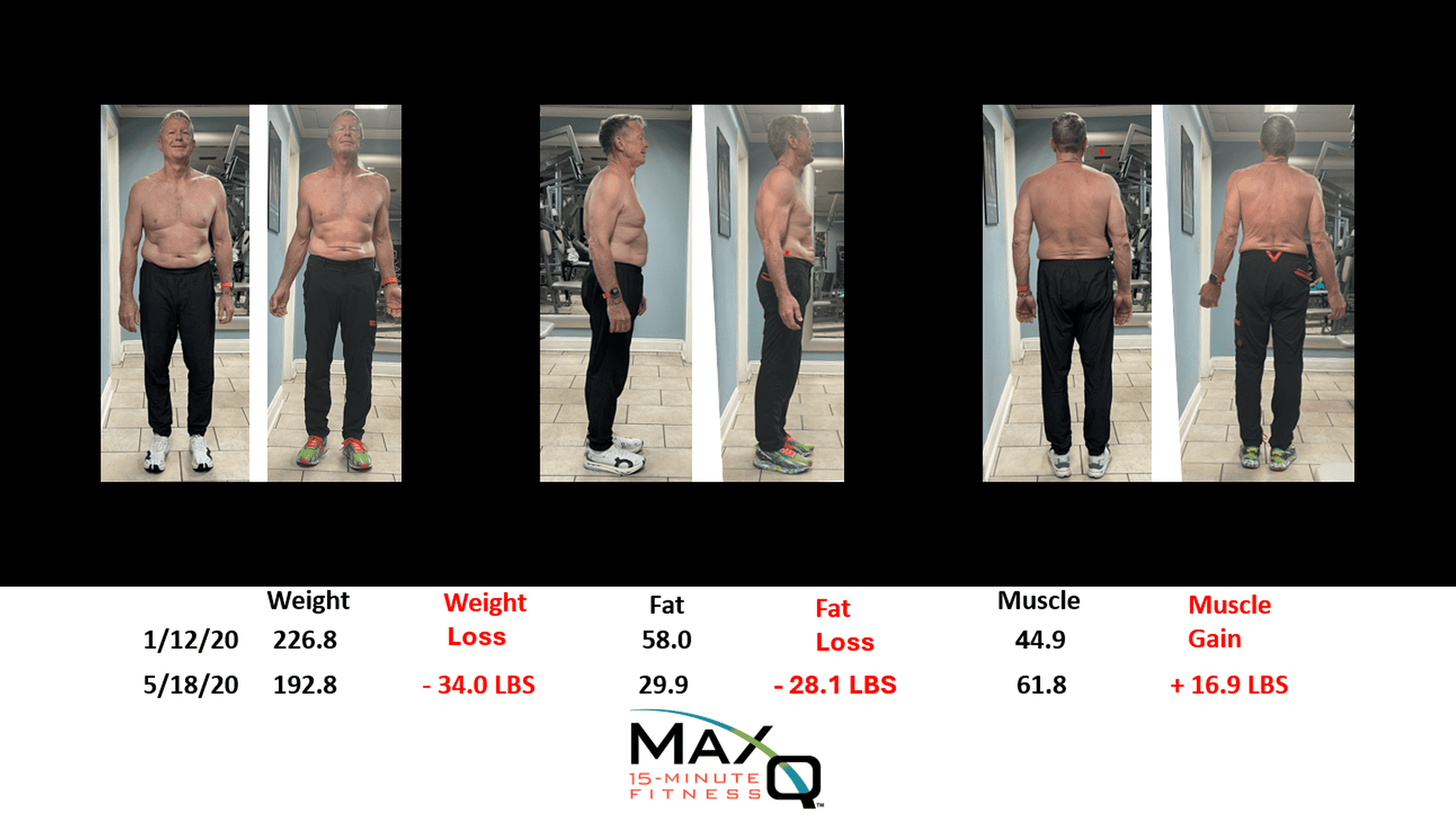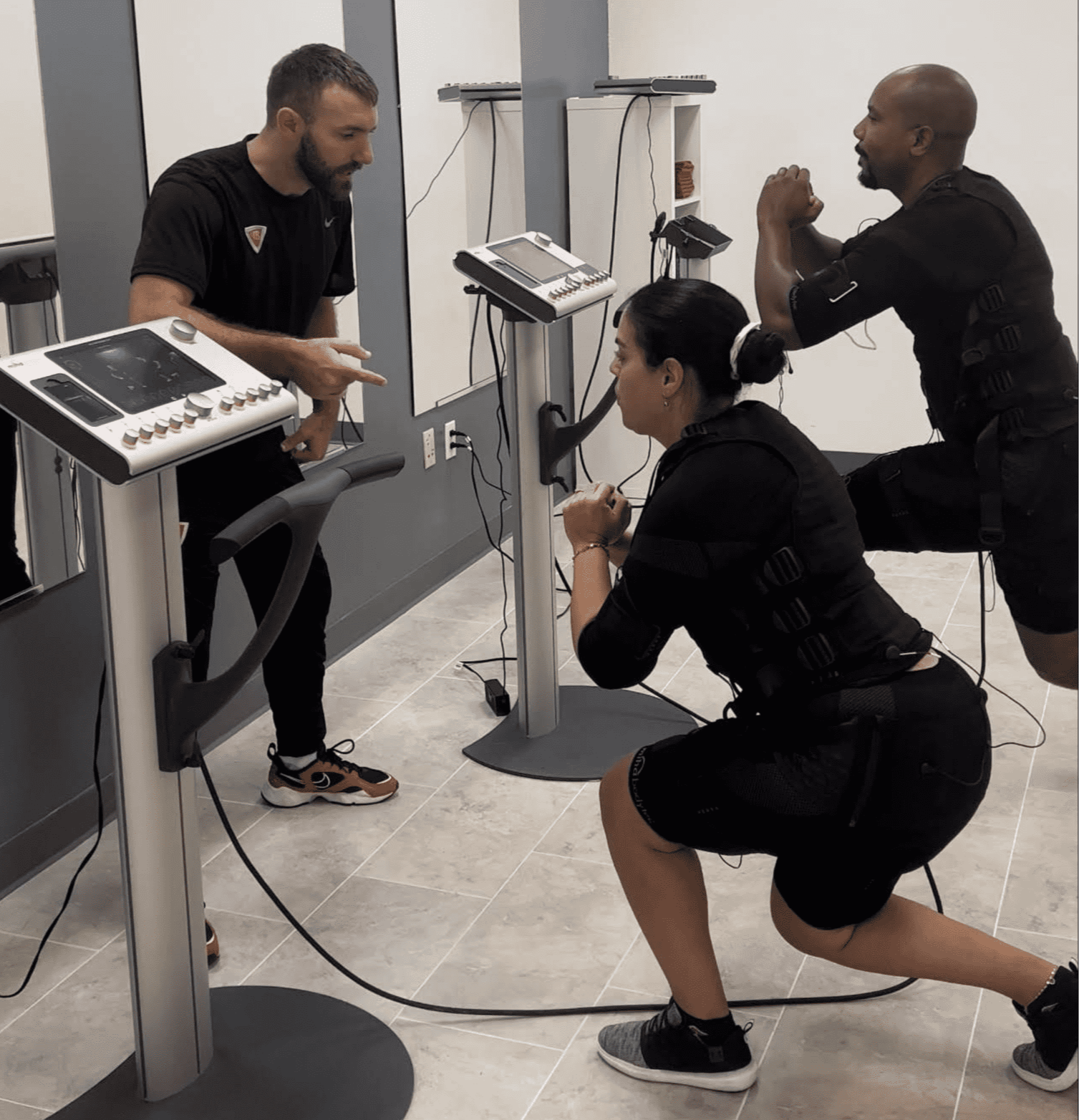Understanding the science of fitness training is crucial for anyone looking to optimize their workout regime. This article delves into the innovative techniques and approaches that modern fitness employs, showcasing insights from fitness expert Bob Kissel, founder of MaxQ 15 Minute Fitness in Tampa, Florida. Prepare to explore how science transforms fitness training, leading to effective results in minimal time.
Exploring the Scientific Principles of Fitness Training
The science of fitness training encompasses a variety of research disciplines, including physiology, kinesiology, and nutrition. At its core, it examines how different training methods affect the body, optimizing performance based on evidence rather than guesswork. This scientific approach allows for personalized training regimens that cater to individual needs and goals.

Innovative Approaches to Fitness: The Max Q Method
Understanding Dynamic Resistance Mechanisms
The Max Q Method, developed by fitness innovator Bob Kissel, utilizes dynamic resistance mechanisms which dynamically adjust the intensity of workouts based on user input. This allows trainees to engage effectively with their workouts, targeting multiple muscle groups in a compact time frame. This methodology is designed to maximize results through scientifically structured movements.

The Importance of Time-Efficient Workouts
Modern fitness training recognizes the critical need for time-efficient workouts. Bob Kissel emphasizes the effectiveness of 15-minute sessions that integrate high-intensity exercises to yield significant results. This method caters to today's fast-paced lifestyles, ensuring that anyone can find time to prioritize their health.
Expert Insights on Effective Training Techniques
Bob Kissel, a fitness innovator, recognizes that the combination of strength training and intelligent technology enhances workout efficiency. He states, "The 15-minute workout is effective, efficient, and produces results." By leveraging automatic strength sensing and adaptive resistance, Bob's method creates a unique fitness experience that brings substantial outcomes in less time.
The Role of Nutrition in Fitness Training
Nutritional science plays a pivotal role in the science of fitness training. Compatible nutritional strategies align closely with exercise regimens, significantly impacting overall effectiveness. According to Bob, combining dietary planning with innovative exercise methods not only facilitates fat loss but also preserves muscle mass, leading to lasting transformations.

Psychological Aspects of Fitness: Overcoming Barriers
Addressing psychological barriers is essential in fitness training. Bob points out that many struggle with motivation or the desire to initiate change. His approach incorporates supportive coaching alongside scientific training techniques, aiding clients in overcoming these hurdles and maintaining consistency for optimal results.

Common Misconceptions in Fitness Training
Debunking Myths About Strength Training vs. Cardio
Myths regarding the supremacy of cardio over strength training continue to persist. However, science shows that strength training can be more effective for body composition improvement. Bob's approach showcases that effective strength workouts yield significant benefits while dispelling the notion that cardio is the only path to fitness success.

Understanding the Insulin-Carbohydrate Model of Fat Loss
This model emphasizes the complex relationship between insulin levels and fat loss. Bob's advocates for a deeper understanding of hormonal functions in metabolic processes, facilitating more informed choices regarding diet and exercise. This knowledge empowers individuals to make effective decisions in their fitness journey.

Actionable Tips for Readers
How to Incorporate Science into Your Fitness Routine
Integrating scientific principles into your fitness routine can dramatically enhance effectiveness. Staying informed about the latest research, utilizing technology to track progress, and tailoring workouts to individual needs using proven methods are vital steps towards success.
Setting Realistic Fitness Goals
It's crucial to set attainable fitness goals. By starting small and building towards larger achievements, individuals are more likely to maintain their motivation and see progress over time. Bob encourages setting specific milestones, tracking improvements, and adjusting as necessary to keep motivation high.

Key Takeaways from the Science of Fitness Training
The importance of time-efficient workouts cannot be overstated.
Understanding dynamic resistance mechanisms can optimize training efficacy.
Nutrition is a vital component that complements exercise for optimal results.
Tackling psychological barriers is key to sustaining a fitness regime.
Conclusion: The Future of Fitness Training
As technology and science advance, the science of fitness training will continue to evolve, paving the way for smarter, more efficient training methods. Bob’s dynamic approaches serve as a forerunner in this transformation, demonstrating that with the right knowledge and tools, achieving fitness goals is accessible to everyone.
FAQs about the Science of Fitness Training
What is the science behind effective workouts?
The science behind effective workouts includes understanding how the body responds to different types of exercise, optimizing training regimens based on physiological responses, and employing data-driven approaches to achieve results.
How does nutrition impact fitness results?
Nutrition plays a crucial role in fitness results by supplying the necessary nutrients for energy, recovery, and muscle growth. A well-balanced diet enhances performance and improves overall health.
What are common myths about fitness training?
Common myths about fitness training include misconceptions regarding the effectiveness of cardio over strength training, beliefs surrounding fat loss, and the idea that an intense but brief workout is essential for improvement.
Key Highlights of the Article:
- Introduction to the science of fitness training and its significance.
- Overview and insights into the innovative Max Q Method developed by expert Bob Kissel.
- Detailed exploration of effective training techniques, nutrition’s role, and psychological factors.
- Debunking common fitness training misconceptions.
- Actionable tips for readers and FAQs to enhance understanding.
This structured and detailed article is aimed at an audience seeking to deepen the knowledge of fitness science for optimal training outcomes while adhering to SEO guidelines and including the requested elements.
 Add Row
Add Row  Add
Add 



Write A Comment